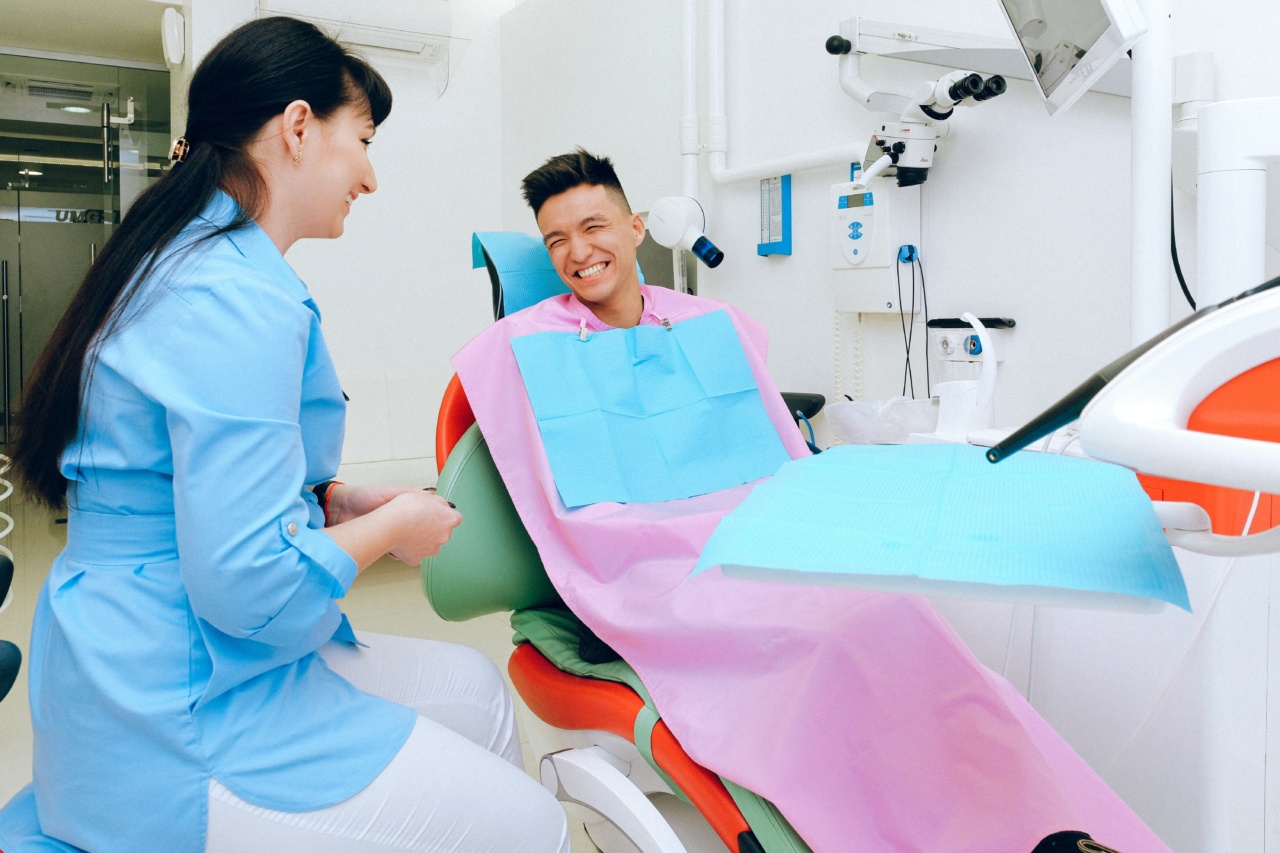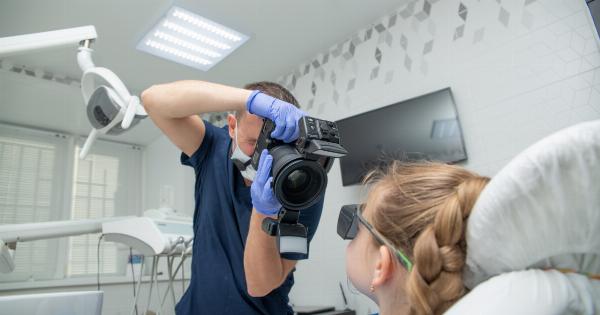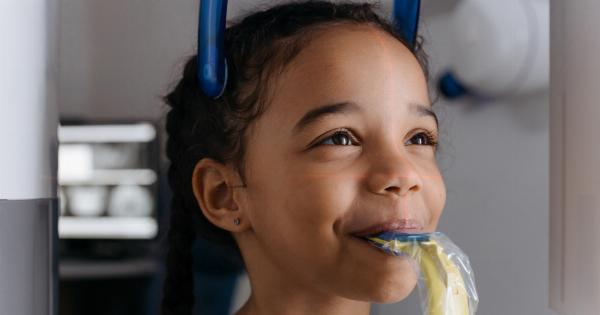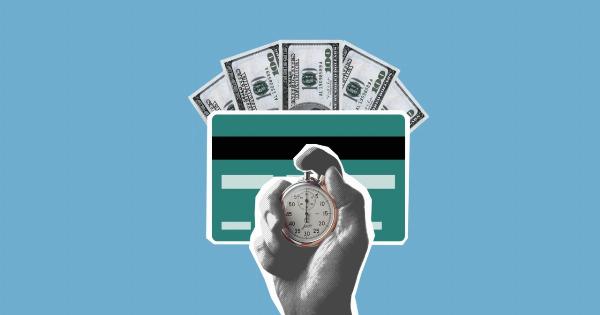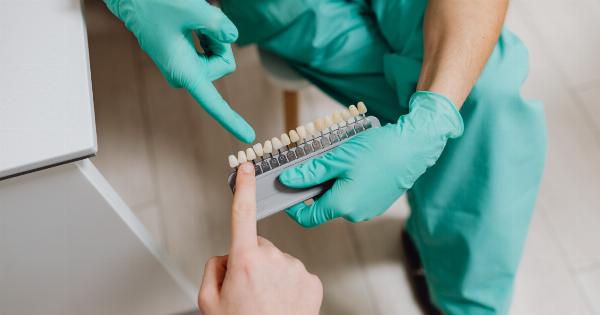It is never too early to start talking about dental health for children.
In fact, according to the American Academy of Pediatric Dentistry, a child should visit a pediatric dentist as soon as their first tooth appears or by their first birthday at the latest. Many parents may wonder why these early dental visits are so important. Here are some reasons why.
Preventive Care
Early pediatric dental visits focus on preventative care, which can help to avoid future dental problems. Regular dental visits from an early age can reduce the risk of tooth decay, gum disease, and other dental issues.
A dentist can check for early warning signs of these problems to prevent them before they become more serious.
Establish Good Habits
By visiting a pediatric dentist early on, children can learn good oral hygiene habits that will last a lifetime.
They can learn the correct way to brush and floss, the importance of a healthy diet for their teeth, and the consequences of poor oral health. These early lessons can set them up for good oral health in the future.
Early Detection of Dental Issues
Dental problems can occur at any age, but they are more common in children. An early dental visit can help to catch any potential problems before they become serious.
The dentist can check for cavities, gum disease, and other issues that can affect the oral health of the child. Early detection can save time, money, and pain in the long run.
Assess Bite and Jaw Development
During a pediatric dental visit, the dentist can also assess the bite and jaw development of the child. They can look for any problems with the way the teeth come together or if there are any abnormalities in the jaw.
Identifying these issues early can help to correct them before they become more serious.
Prevent Anxiety and Fear of the Dentist
Many adults fear going to the dentist, and this can often develop from a negative experience as a child. By starting dental visits early, children can become comfortable with the dentist and the dental office environment.
This can help to prevent anxiety and fear of the dentist in the future, making it easier for them to maintain good oral health as they grow older.
Establish a Relationship with a Pediatric Dentist
Establishing a relationship with a pediatric dentist from an early age means that the child can see the same dentist throughout their childhood. This can help to build trust between the dentist and the child, as well as ensuring continuity of care.
The dentist can also monitor the child’s oral health, ensuring that any problems are caught early and providing personalized care that meets the child’s individual needs.
Promote Overall Health
Good oral health is an important aspect of overall health. Poor oral health can lead to infections, gum disease, and other health problems.
By establishing good oral health habits from an early age, children can promote their overall health and well-being for years to come.
Prevent the Need for Treatment under Sedation or General Anesthesia
In some cases, dental treatment may require sedation or general anesthesia. Children who start visiting the dentist early are less likely to need treatment under sedation or general anesthesia.
Early dental visits can help to prevent serious dental problems and, as a result, less invasive forms of treatment may be needed.
Financial Benefits
Preventive dental care is less expensive than dental treatment for serious problems. By visiting a pediatric dentist early, parents can identify and treat dental issues before they become more serious.
This can save them money in the long run by avoiding costly dental treatments that may be necessary if problems are left untreated.
Conclusion
In summary, early pediatric dental visits are important for a number of reasons. They can prevent dental problems, establish good oral health habits, detect dental issues early, promote overall health, and save money in the long run.
By starting dental visits early, children can establish a good relationship with a pediatric dentist and ensure continuity of care that meets their individual needs.
